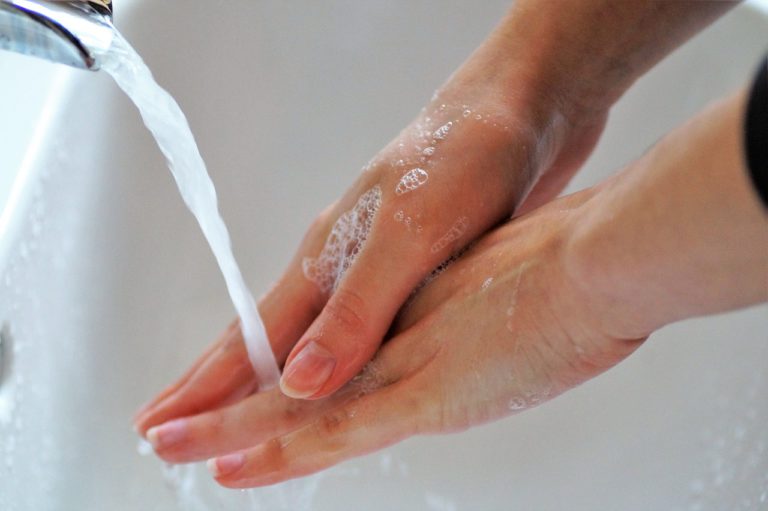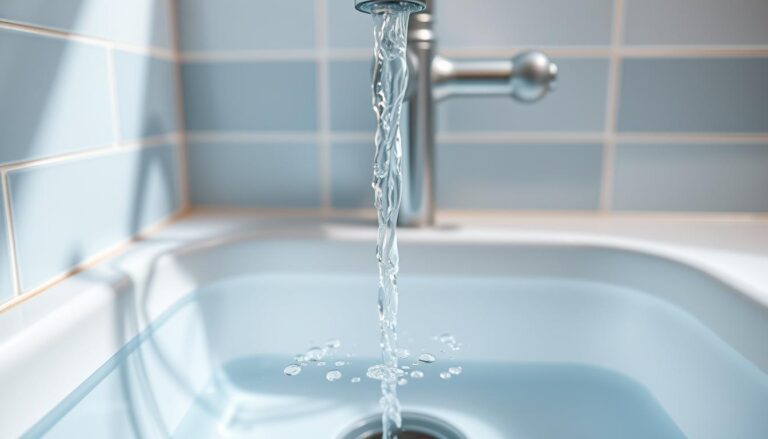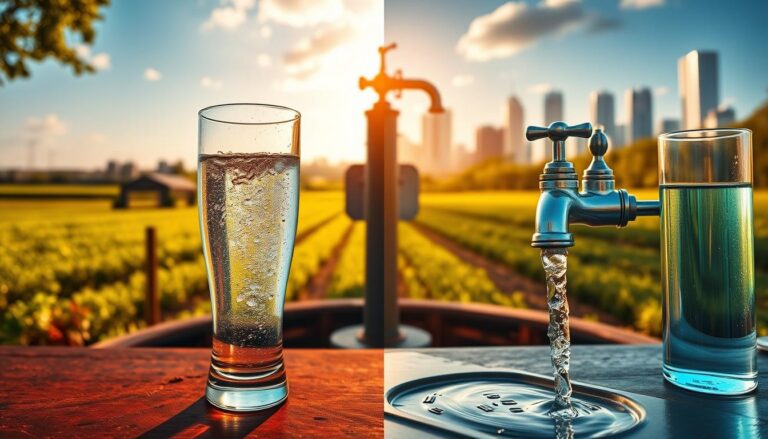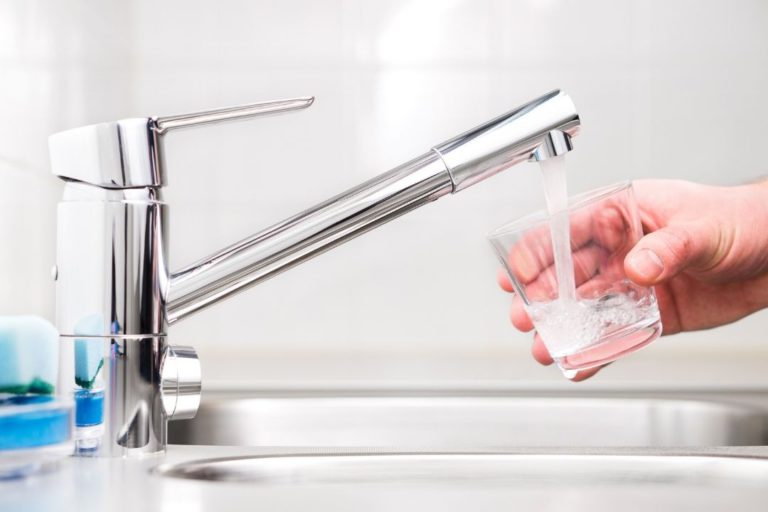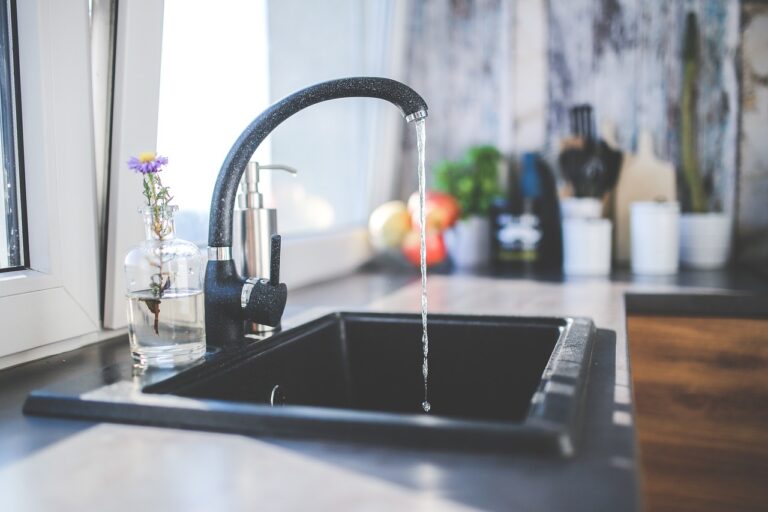Why Is Tap Water Not Hydrating?
Have you ever wondered why something as simple and abundant as tap water might not be doing a great job at hydrating you? It’s one of those questions that seems easy on the surface: Water is water, right? But as it turns out, there are many factors at play that can affect just how hydrating your tap water truly is.

The Basics of Hydration
Let’s kick things off by talking about what hydration really means. Your body needs a balance of water and electrolytes to function properly. Hydration isn’t just about drinking the liquids; it’s about your body being able to absorb and utilize it effectively. If your cells aren’t soaking up all that water you’re sipping, you’re not actually getting as hydrated as you might think.
What is in Tap Water?
Before diving into why tap water might not be as hydrating as you hope, it’s important to understand what’s actually in it. Tap water is supplied to your home through local waterystems, and it can contain various minerals, chemicals, and additives. These elements can significantly impact its taste, quality, and hydrating properties.
| Substance | Purpose or Origin |
|---|---|
| Chlorine | Disinfection |
| Fluoride | Dental health |
| Hardness (minerals like calcium and magnesium) | Natural occurrence and pipes |
| Heavy Metals (like lead) | From old plumbing |
| Contaminants (pesticides, pharmaceuticals) | Runoff and pollution |
Importance of Electrolytes in Hydration
You might have heard about the magic of electrolytes when it comes to hydration. These vital minerals, such as sodium, potassium, and magnesium, help maintain water balance in and out of your cells. If your tap water lacks these electrolytes, you might not be getting the hydration you need.
Factors Affecting the Hydrating Quality of Tap Water
Tap water varies greatly depending on where you are, due to differences in water source, treatment processes, and infrastructure. Each factor can impact how effectively your body can use the water you’re drinking.
Mineral Content
One notable factor is the mineral content of your tap water. Hard water, loaded with calcium and magnesium, can sometimes make absorption less efficient, as these minerals might compete with the body’s ability to absorb water.
Chemical Additives
Chlorine and fluoride are routinely added to tap water for public health reasons. While they serve crucial functions like disinfection and cavity prevention, these chemicals can also alter how your body interacts with water, potentially affecting absorption and taste.
pH Levels
The pH level of water indicates its acidity or alkalinity. Tap water with extreme pH levels can sometimes irritate your digestive tract, leading to less efficient absorption and, consequently, hydration.
Contaminants and Impurities
While water treatment plants work hard to ensure water is safe, contaminants can still slip through or leach in from old pipes. These impurities often include lead, pesticides, or residues from pharmaceuticals, which can not only impact health but also hydration.
Comparing Tap Water to Other Hydration Sources
It’s not just about tap water—many of us have access to other hydration options. Compare them to see why they might serve as better or worse hydration solutions.
| Water Type | Hydration Effectiveness |
|---|---|
| Tap Water | Variable; depends on quality |
| Bottled Spring Water | Often good; depends on source |
| Electrolyte Drinks | High; designed for hydration |
| Filtered Water | High; often removes impurities |
| Mineral Water | High; naturally contains minerals |
Bottled and Mineral Water
Bottled and mineral waters often contain naturally occurring electrolytes and have a consistent quality because of the controlled conditions they’re processed in. However, bottled water’s environmental impact is a significant downside to consider.
Electrolyte Drinks
These drinks are engineered with hydration in mind, packed with electrolytes to replace what’s lost through sweat. Yet, they can also be high in sugars and artificial ingredients, which might not be ideal for everyday consumption.
Filtered Water
Filtered water, if done using high-quality systems, can remove impurities while retaining beneficial minerals. Home filtration is a convenient way to boost the quality of your tap water without the need for bottled alternatives.
How to Improve the Hydration of Your Tap Water
If you’re looking to get the most out of your tap water, there are strategies you can employ to enhance its hydrating properties.
Use of Filters
Installing a quality water filter can be a game-changer. Filters can eliminate impurities and maintain essential minerals, providing you with cleaner and more hydrating water.
Adding Electrolytes
Consider adding electrolyte powders or tablets to your water. These can enhance hydration by ensuring your body has the necessary electrolytes to balance fluids effectively.
Monitoring Water Quality
Periodically testing your water can give you insights into any potential issues or changes in its composition. Many local governments offer such services, or you can purchase home testing kits.
Opt for Infusion
Infusing your water with fruits, like lemon or cucumber, isn’t just fancy—it promotes hydration by making the water tastier, encouraging more drinking while adding slight amounts of natural sugars and vitamins.

Physiological and Environmental Factors
Finally, it’s important to remember that hydration isn’t solely about the water’s quality. Your lifestyle and environment play a huge role too.
Personal Health
Your body’s unique needs and conditions can impact hydration. Factors like exercise, health conditions, diet, and medications can influence how your body absorbs water.
Climate and Physical Activity
Environmental factors, such as climate and your physical activity level, also determine how much and how quickly your body loses water. Warmer climates and strenuous exercises increase the rate of water and electrolyte loss, which in turn affects your hydration needs.
Making Informed Choices
Ultimately, being properly informed can help you make choices that improve your hydration using tap water. While it’s okay to enjoy other types of water and hydration sources, don’t dismiss that a few tweaks to your tap water can make it an effective and sustainable hydration source.
Daily Hydration Routine
Adopting a regular hydration routine tailored to your body and environment can be crucial. This may involve timing water intake throughout the day, perhaps before meals, after exercise, and when you wake up and go to bed.
Being Mindful of Symptoms
Stay alert to signs of dehydration, such as dry mouth, fatigue, and decreased urine output. These can be indicators that your current water intake, whether tap or otherwise, may need adjustment.
Conclusion
So, the next time you fill that glass at the sink, you’ll know there’s more to that clear liquid than you might have considered. Whether it’s the minerals affecting absorption, additives altering its properties, or simply your personal health needs, there’s a lot going on behind the scenes that determine how well hydrated you truly feel. And knowing this means you can make smarter, more informed decisions about how to keep your body well-watered, no matter where the source of your next sip might come from.


